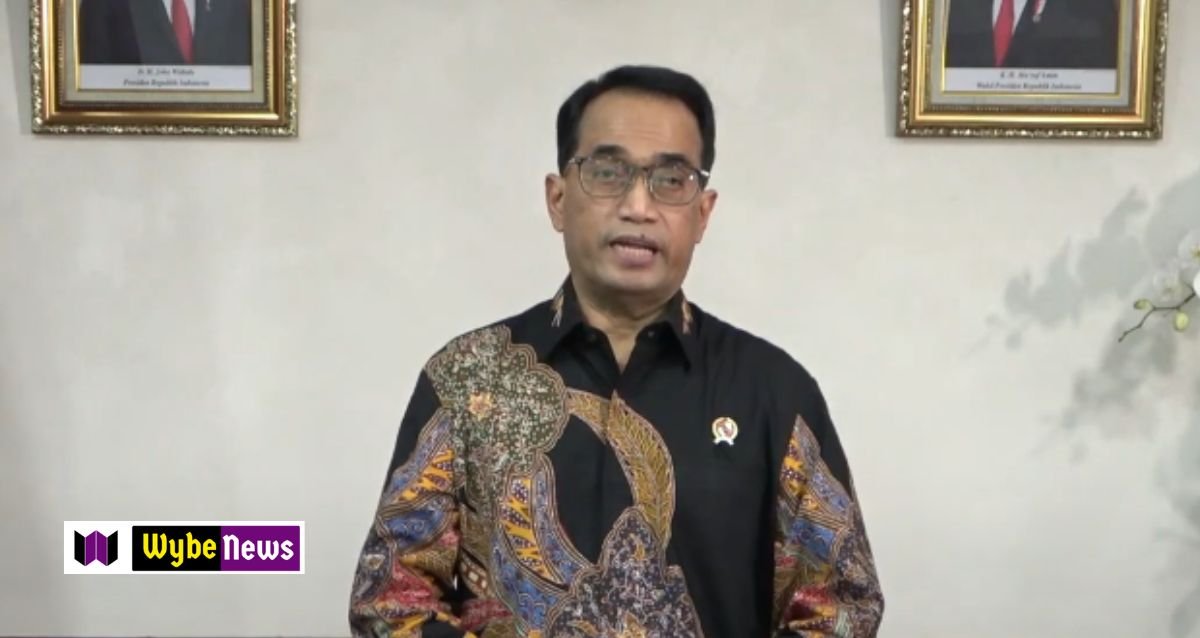Tragedy Strikes at Annual Hajj: 14 Jordanians Dead, 17 Missing Amid Extreme Heat

The annual Hajj pilgrimage, a significant event in the Muslim world, has once again been marred by tragedy. The Jordanian foreign ministry reported on Sunday that fourteen Jordanians have died during the pilgrimage in Saudi Arabia, with at least six of the fatalities attributed to heat stroke. Additionally, seventeen Jordanians have been reported missing.
The extreme heat, with temperatures in Mecca predicted to soar to 47 degrees Celsius (116 degrees Fahrenheit) on Monday, has been a major concern. The Saudi health ministry issued an advisory on Thursday, warning pilgrims of the dangerous temperatures and advising them to stay hydrated and avoid being outdoors during the hottest parts of the day between 11 a.m. and 3 p.m. Despite these precautions, the intense heat has claimed multiple lives.
The Hajj, which concluded on Wednesday, is one of the world’s largest mass gatherings, drawing more than 1.8 million pilgrims this year, according to the Saudi General Authority for Statistics. Historically, the event has seen numerous fatalities due to various factors such as stampedes, tent fires, and extreme weather conditions. Over the past 30 years, hundreds have lost their lives during the pilgrimage.
The Jordanian foreign ministry is working closely with Saudi authorities to manage the situation, including coordinating the burial or repatriation of the deceased according to their families’ wishes. The ministry’s statement on Sunday did not clarify whether the increased death toll was solely due to the heat.
This tragic news echoes past incidents, including the catastrophic 2015 crush near Mecca, which resulted in the deaths of at least 2,070 people, marking one of the deadliest events in the history of the Hajj.
As the global Muslim community mourns the loss of these pilgrims, this incident underscores the need for continuous improvements in safety measures to protect those participating in this sacred journey. The Saudi authorities’ efforts to manage the extreme weather conditions and the overall safety of the pilgrims remain a critical focus, but the recurrent tragedies highlight the inherent risks of such a massive gathering.
The Hajj pilgrimage holds profound spiritual significance for Muslims worldwide, symbolizing unity and devotion. However, the recurrent tragedies, including the recent loss of fourteen Jordanians, serve as a stark reminder of the challenges faced by pilgrims. As the global community reflects on these events, there is a collective hope for enhanced safety measures to ensure that future pilgrimages can be conducted with greater security and peace of mind for all participants.






